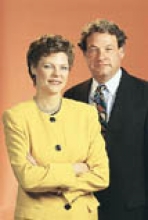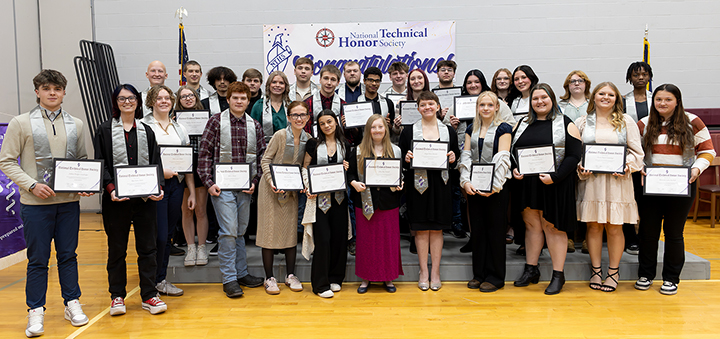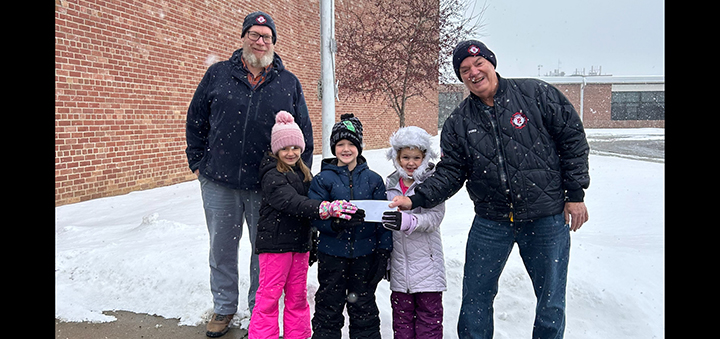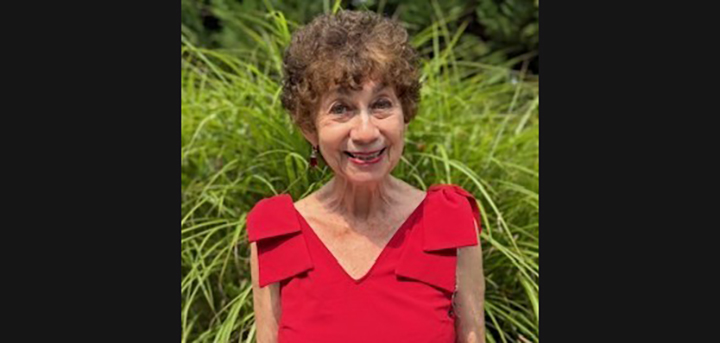Unlikely allies promote policy change
“Twenty years ago, the military were strong advocates of ‘don’t ask, don’t tell,’ when I was secretary of defense,” Dick Cheney said last Sunday on ABC News, “I think things have changed significantly since then. I think the society has moved on. I think it’s partly a generational question.”
It’s time, he concluded, to reconsider the policy of firing gay men and women from the military if their sexual orientation becomes known. What? An issue Dick Cheney and Barack Obama agree on? And it’s gays in the military? When he presided over the Pentagon, Cheney kept in place an outright ban on homosexuals serving in America’s armed forces. The don’t-ask, don’t-tell rule came later, as a compromise between banning gays and permitting them to serve openly.
But Cheney is thankfully right that attitudes have changed since then. In a recent ABC News poll, 75 percent said they favored allowing homosexuals who “publicly disclose their sexual orientation” to serve, up from only 44 percent at the beginning of the Clinton administration. And Cheney is also right that young people are much more open to gay rights – especially gay marriage – than their elders. In the poll, two-thirds of those under 30 gave legalized marriage a thumbs up, compared with only 30 percent of seniors.








Comments